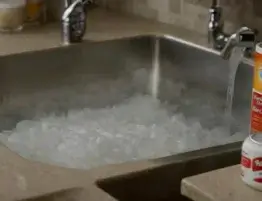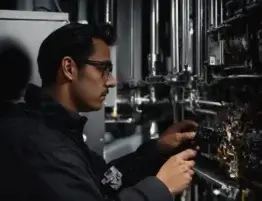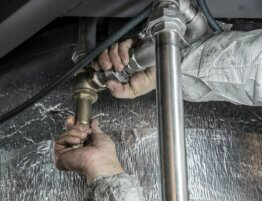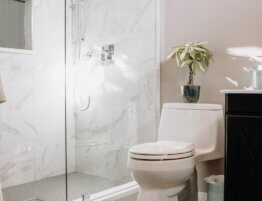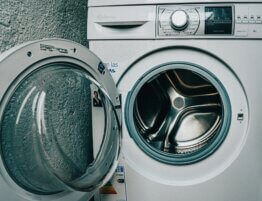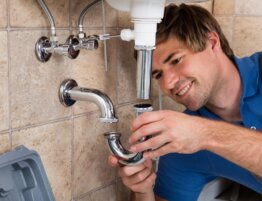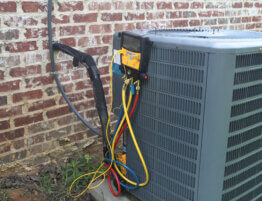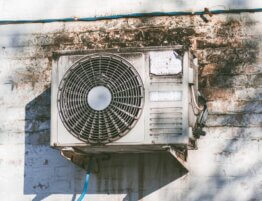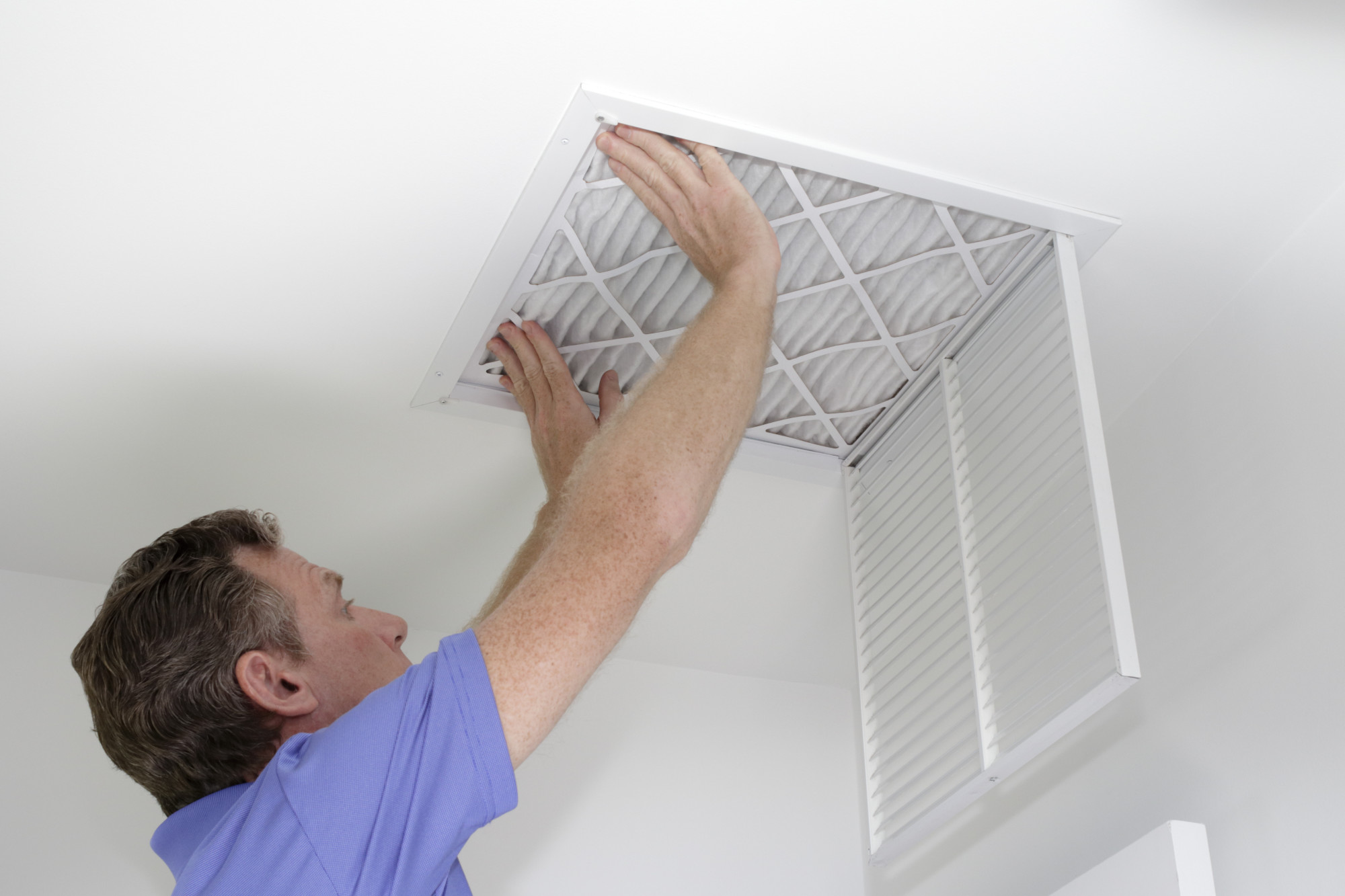
If you want your HVAC system to run as efficiently as possible, and if you want it to last as long as possible, you need to make use of an HVAC air filter. But it’s not just using an air filter that matters; it’s using that air filter correctly.
Unfortunately, homeowners run into all sorts of mistakes when it comes to the use of air filters. Wondering what kinds of mistakes to look out for? We’re going to review them in detail below.
Choosing the Wrong Types of HVAC Air Filters
There are a number of different types of HVAC air filters available on the market. Not only do these vary in type but in size as well. As such, it’s quite common for homeowners to purchase the wrong types of HVAC air filters.
How can you ensure that you don’t do this? By doing your due diligence and ensuring that your chosen air filter works with your HVAC system.
Find the manuals for your heater and air conditioner and determine which types of filters they work with. If you already have a filter installed, assess it and determine its size, thickness, and material. Then, use this information to inform your next purchase.
Note that there are a few different types of HVAC air filter materials. These include but aren’t limited to pleated paper, fiberglass, and polyester.
Not Changing the Air Filter in a Timely Manner
Perhaps the most common HVAC air filter mistake is the mistake of not changing the air filter in a timely manner. This typically occurs due to sheer neglect. The homeowner doesn’t pay attention to the maintenance of their HVAC system, and therefore allows its air filter to go unchanged for several months and sometimes even years.
While this isn’t the end of the world, it does have several repercussions. For one, it places undue deterioration on the HVAC system, causing its parts to break down earlier than they would have otherwise. For two, it forces the HVAC system to work harder than it would otherwise, resulting in greater energy usage, and therefore costlier energy bills.
See, the filter protects the HVAC system from taking on dust and other debris. If the filter is changed in a timely manner, very little dust and debris will enter the system. This will enable it to run at its max capacity.
On the other hand, if the filter is rarely changed, the system will almost perpetually have to deal with dust and debris.
Now, you might be wondering: how often should you change your HVAC air filter? Generally speaking, an HVAC air filter should be changed every 2 to 3 months. Note, however, that if you have furry pets in your home, you might want to make a change every month or so.
Need help changing your HVAC air filter? Your local HVAC company can assist you with the task.
Installing the Filter Incorrectly
Another mistake that homeowners make with air filters is installing them incorrectly. When an air filter is installed incorrectly, it isn’t able to operate at its full capabilities. Therefore, it allows excess dust and debris to make its way into the adjoining HVAC system.
Wondering how to install an air filter the correct way? You’re advised to read through the user manual for your HVAC system. Each system is built differently, and these differences will dictate how exactly your filter is installed.
If you’re having trouble installing your filter the correct way, you can just call up your local HVAC company. They’re bound to have seen all sorts of HVAC systems and will almost certainly be able to install your air filter correctly.
Ignoring the MERV Rating
The last mistake we’re going to discuss is ignoring the MERV rating. MERV stands for Minimum Efficiency Reporting Value. It indicates just how efficient the HVAC unit is.
If you use a filter with the wrong rating (whether it’s too low or too high), you can put undue stress on your HVAC system, resulting in premature deterioration and excess energy usage. As such, before purchasing a filter, you need to make sure that its MERV rating coincides with the rating indicated in your HVAC system’s user manual.
MERV ratings span from 1 to 16. The higher the rating, the more efficient the HVAC system is.
Now, you might hear of situations in which homeowners use filters with ratings higher than what their HVAC systems indicate. This is a possibility and will keep airborne contaminants to a minimum. Note, though, that it will likely also compromise air circulation in your house, thus also compromising the efficacy of your HVAC unit.
This is why, unless you’re highly susceptible to viruses, allergies, and bacteria, you should choose a filter with the same MERV rating as is indicated in your user manual. This filter will do an adequate job of protecting your HVAC system, allowing it to thrive for as long as technologically possible.
Need Help Using an HVAC Air Filter?
Not sure how to change an HVAC air filter? Maybe you need help installing one in the first place? If so and if you live in the Solon, Ohio area, we here at My Guys can help you.
Our team is well-versed in the replacement and installation of HVAC air filters. We’ll do everything necessary to ensure that your air filter is working properly, allowing for optimal indoor air quality in your home.
Contact us now to get the process started!


